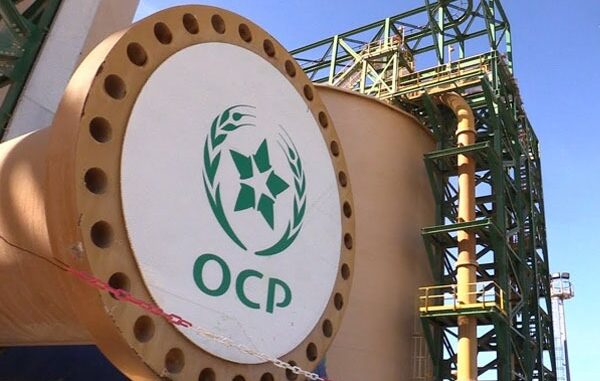
Morocco’s state-owned phosphate giant OCP Group is moving forward with plans to potentially open its newly formed fertilizer subsidiary Nutricrops to private investors, raising concerns about national sovereignty and strategic control of the country’s most valuable resource.
Nutricrops, officially launched on April 2, 2024, holds an estimated $3 billion in assets and is projected to generate approximately $3.1 billion in revenue. The subsidiary now controls all of OCP’s fertilizer operations, including three wholly-owned fertilizer plants and stakes in two joint ventures with Koch Ag & Energy Solutions and local institutional investors.
According to Bloomberg, OCP aims to raise between $5-7 billion by 2027 through bond sales and potentially listing Nutricrops on the stock market. The group cites the need to finance $13 billion in investments over the next three years, primarily for carbon-neutral initiatives and reducing dependence on imported ammonia. OCP plans to produce one million tons of green ammonia by 2028, expanding to three million tons by 2032.
Critics, however, question the economic rationale and strategic implications of privatizing such a critical national asset. A key concern involves Nutricrops’ business model, which currently benefits from below-market prices for raw phosphate supplied by its parent company. Analysts point out that this arrangement either means private investors would benefit from state-subsidized inputs at public expense, or the company’s valuation is artificially inflated.
“Introducing Nutricrops to the stock market means offering private interests subsidized access to a national resource. It risks creating an illusion of competitiveness based entirely on preferential pricing imposed by OCP,” noted one financial analyst.
Beyond economic considerations, privatization raises sovereignty concerns. As Morocco positions itself as a key player in global food security, particularly for Africa, critics argue that ceding control of the fertilizer value chain to market forces could undermine the country’s geoeconomic leverage and expose a strategic sector to short-term market pressures.
The debate continues as OCP balances financing needs against maintaining sovereign control over Morocco’s most strategically valuable industry.
